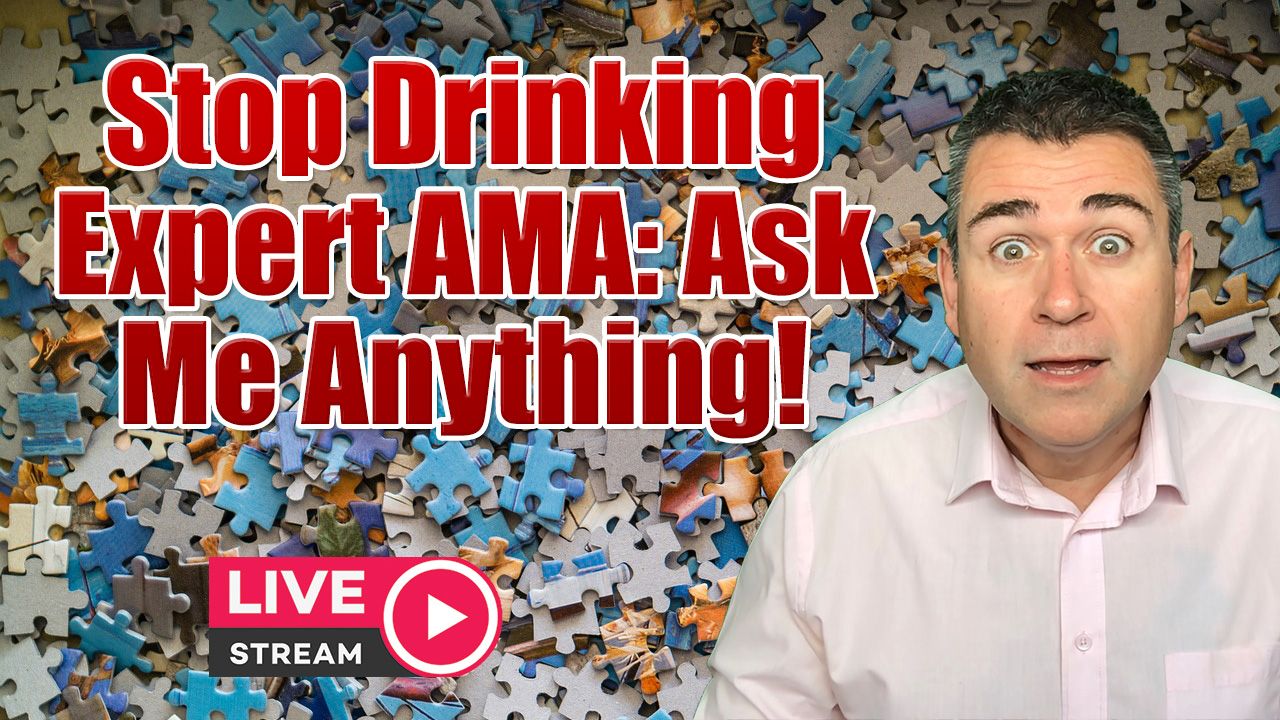The Myth of Dutch Courage: Why Alcohol Doesn't Boost Confidence
Jan 04, 2025The Myth of Dutch Courage: Why Alcohol Doesn't Boost Confidence
Many people turn to alcohol looking for a boost of confidence or courage, often referred to as "Dutch Courage." But does this really make one more confident or is it a façade? Let's dive into the truth behind this cultural myth.
What is Dutch Courage?
The term "Dutch Courage" stems from the 17th century, when British soldiers drank gin from their Dutch allies before battle. The phrase was coined to describe the temporary boldness or foolhardiness that alcohol can induce. However, the reality behind this so-called courage is far from empowering.
Alcohol and Decision Making
Alcohol's primary effect on the brain is to impair the part responsible for sound decision-making. This is why the line between bravery and recklessness blurs after a few drinks. Studies, like those from the National Institute on Alcohol Abuse and Alcoholism, show that alcohol decreases risk perception, making individuals more likely to engage in behaviors they would typically avoid sober.
The Illusion of Confidence
You might feel more self-assured when you drink, but this is largely an illusion. Alcohol doesn't enhance your abilities or your confidence; it simply dulls your inhibitions. This can lead to embarrassing or dangerous situations, like the office worker who, after a couple of drinks, decides to speak out of turn in a meeting or the person at a bar who misjudges social cues.
Real Stories of Sobriety
Many have shared their journeys of moving from alcohol dependency to sobriety, highlighting a common theme: the realization that their "confidence" was merely a mask for deeper insecurities. One individual spoke of their experience in public speaking, noting that while alcohol initially seemed to help, over time, they recognized it was their preparation and genuine self-assurance that spoke volumes, not the drink. Another shared how quitting alcohol led to better decision-making in personal and professional life, improving relationships and career prospects.
The Health and Social Impact
Beyond the illusion of confidence, alcohol consumption has well-documented effects on health, including liver disease, increased risk of various cancers, and mental health issues like depression and anxiety. Socially, alcohol can strain relationships, lead to isolation, and even legal issues. The stories from those who have embraced sobriety often mention improved physical health, better sleep, and stronger connections with others.
Rethinking Social Drinking
It's common to associate social events with drinking, but this isn't the only way to enjoy social gatherings. Many people find that sobriety allows them to engage more genuinely with others, leading to more meaningful interactions. There's a growing trend of sober social events, where individuals can enjoy the company without the need for alcohol, proving that fun and connection don't depend on a drink.
Steps Towards Sobriety
If you're considering reducing your alcohol intake or stopping altogether, remember you're not alone. There are numerous resources and support systems available. One effective way to start is by joining a community or attending a support group. Also, consider signing up for a free quit-drinking webinar to gather tools and strategies tailored to your journey.
Embracing True Confidence
True confidence comes from within, built through personal growth, experience, and self-acceptance. It's about knowing your worth and capabilities without needing external substances. The journey to this kind of confidence might be challenging, but it's infinitely rewarding, leading to a more authentic and fulfilling life.
Next Steps for You
If you're worried about how much you're drinking or feel that alcohol controls your life more than you'd like, consider taking the first step towards change. Visit our blog for more insights, or better yet, join our community by signing up for our free quit-drinking webinar. Together, we can explore how to live a happier, healthier life without relying on alcohol.
Remember, the strength you gain from facing your fears head-on, as Eleanor Roosevelt advocated, is far more enduring than the fleeting illusion of Dutch Courage. Let's redefine what courage really means in our lives.
References:
- National Institute on Alcohol Abuse and Alcoholism. (n.d.). Alcohol's Effects on the Body.
- World Health Organization. (2018). Global Status Report on Alcohol and Health.
- Mayo Clinic. (2023). Alcohol use disorder.
⚠️ Medical Disclaimer: This article is for educational purposes only and not a substitute for professional medical advice. Alcohol withdrawal can be dangerous. If you have been drinking heavily, consult a healthcare provider before stopping. If you're experiencing a medical emergency, call emergency services immediately.








